In an era where environmental awareness is gaining momentum globally, professionals in the real estate sector are increasingly committed to implementing innovative approaches that promote green building and sustainable development. On World Environment Day, The Realty Today presents an exclusive feature showcasing perspectives from industry leaders who shed light on the transformative impact of sustainability within the real estate realm and how they are being adopted by the stakeholders in the real estate sector.
This special feature delves into the evolving landscape of sustainable real estate, offering valuable insights and strategies from top experts. Through their collective expertise, readers gain profound insights into how sustainability is not merely a passing trend but a pivotal shift that is redefining the future trajectory of the real estate industry.
1. Mr. Harish Fabiani, Chairman, IndiaLand Group
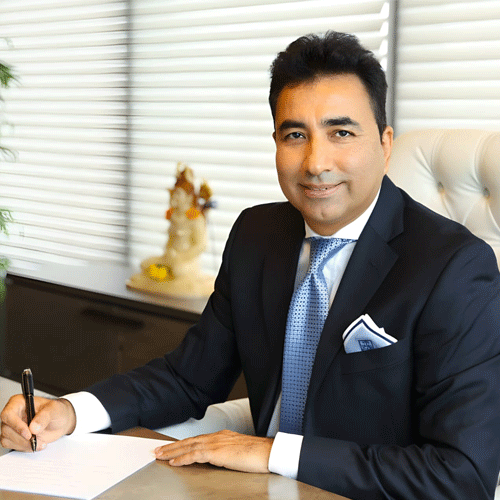
"Sustainable living backed by climate consciousness is reshaping the USD 40.71 billion Indian commercial real estate sector and transforming how we build and invest in properties. Today, green buildings have become more than a trend, as evidenced by the growth in green real estate, which recorded a 61% penetration in Q4 of 2023. This momentum is most prominent in IT cities, with Bengaluru and Hyderabad recording 71% and 61% green penetration in the office building segment. We believe the interest of eco-conscious tenants and sustainability-focused investors backs this notable growth. This new crop of investors is more interested in ESG-compliant IT parks featuring sustainable design, solar panels, rainwater harvesting systems, and energy-efficient lighting systems, to capitalize on their higher market demand and sale value than conventional spaces. As the green commercial space navigates growth, we anticipate an uptick in investments in green office spaces."
2. Mr. Kaushal Mehta, Managing Director, Walplast

"As the world marks World Environment Day, Walplast Products Pvt Ltd takes a moment to reiterate our deep-rooted commitment to the principles of sustainability and environmental stewardship. In the realm of construction materials, we understand our pivotal role and the significant environmental footprint that comes with it. That's why we are taking strides to embed Sustainable ESG practices into the very DNA of our operations—going beyond mere compliance to actively seeking ways to surpass environmental benchmarks.
Every small step is a giant leap towards sustainability, from integrating recycled materials in our products to embracing cutting-edge technology that reduces both waste and energy use. planet. We are also harnessing renewable energy sources such as solar power to decrease our dependence on fossil fuels and thus, shrink our carbon footprint. We are adopting a lifecycle approach to ensure that our materials remain sustainable from the initial stages of production right through to their eventual disposal, promoting a lifecycle of recyclability and biodegradability. These efforts are crucial in fostering a more environmentally conscious approach to production and consumption."
3. Mr. Lalit Aggarwal, Co-Founder & Vice Chairman of Signature Global (India) Ltd.
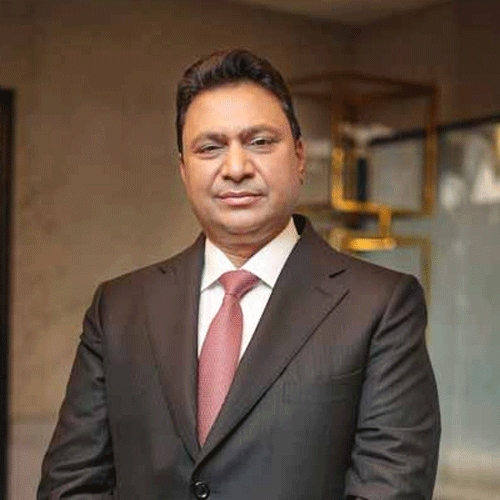
"As urbanization accelerates and water resources become increasingly strained, it is critical for industries such as real estate to take proactive measures to address the impending water crisis. As a responsible corporate, Signature Global has always adopted a proactive approach for ESG. The majority of our projects are either EDGE certified or IGBC gold-rated, demonstrating our commitment towards the environment. Through our various optimum water use practices, we save around 52% of water usage.
"These amenities include low-flow water faucets and toilets, rainwater collecting systems, and wastewater treatment and reuse facilities. By incorporating these techniques into the design and construction of our developments, we not only reduce our effect on local water resources but also improve the overall resilience of urban water systems. At Signature Global, we recognize the value of sustainable practices in ensuring the long-term survival of our cities and are committed to continuing our efforts to conserve natural resources like water, which is the elixir of life."
4. Mr. Ashish Sharma, AVP Operations, Brahma Group

"The increasing focus on green buildings by developers highlights a significant shift towards sustainable construction practices. Moreover, driven by both regulatory incentives and market demands, developers are integrating energy-efficient designs, renewable energy sources, and sustainable materials into new and existing buildings. Furthermore, GRIHA is one such important certification that has encouraged real estate developers to design buildings focused on their resource consumption, waste generation, and overall environmental impact. The embrace of green building practices not only contributes to a clean environment but also enhances the quality of life for occupants through improved air quality and reduced utility costs. Furthermore, as green building practices continue to evolve, we can anticipate widespread adoption of net-zero energy buildings and smart technologies, leading to even greater efficiency and sustainability in the foreseeable future.”
5. Mr. Mahesh Anand, President, Nippon Paint India (Decorative Division)
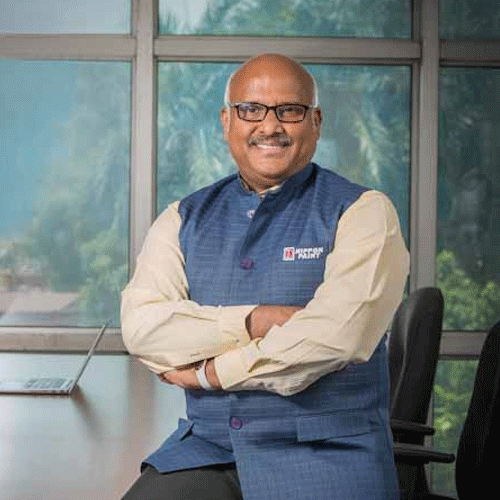
6. Mrinaal Mittal, Director, Unity Group

"Sustainability is a fundamental shift redefining real estate on World Environment Day. Developers and investors increasingly prioritize green building practices, energy efficiency, and sustainable materials. This transformation reduces environmental impact and enhances property values and occupant well-being. As climate change challenges intensify, the real estate industry must innovate to meet demand for eco-friendly spaces. Technologies like smart home systems, renewable energy sources, and water conservation measures are becoming standard. Sustainable real estate is proving that environmental responsibility and economic growth are not mutually exclusive but rather complementary paths to a resilient future."
7. Mr. Sridhar Samudrala, Founder, Hecta

"Sustainability is not just a trend in real estate investment; it's a fundamental shift reshaping our approach to the market. Investors are increasingly recognizing that sustainable practices lead to long-term value and resilience, which are essential in today's economic landscape. Properties that prioritize energy efficiency, resource management, and environmental impact are not only more attractive to tenants but also tend to deliver better returns and lower risks. This approach is redefining our industry, pushing us toward a future where sustainability, profitability, and social responsibility go hand in hand, ensuring a positive impact on communities and the planet."
Cover image- mipimworld.com

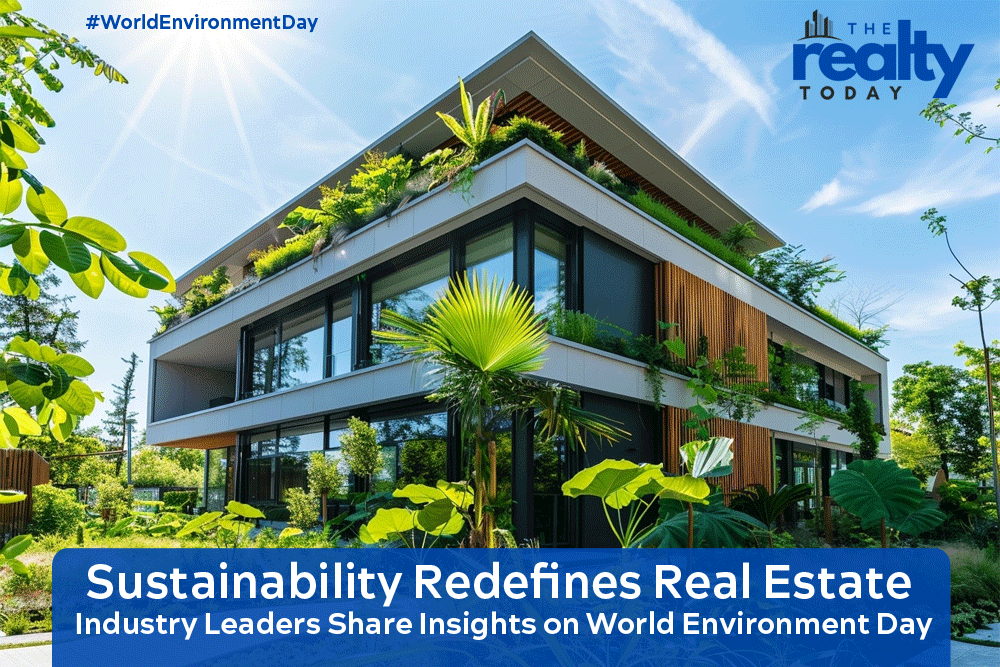
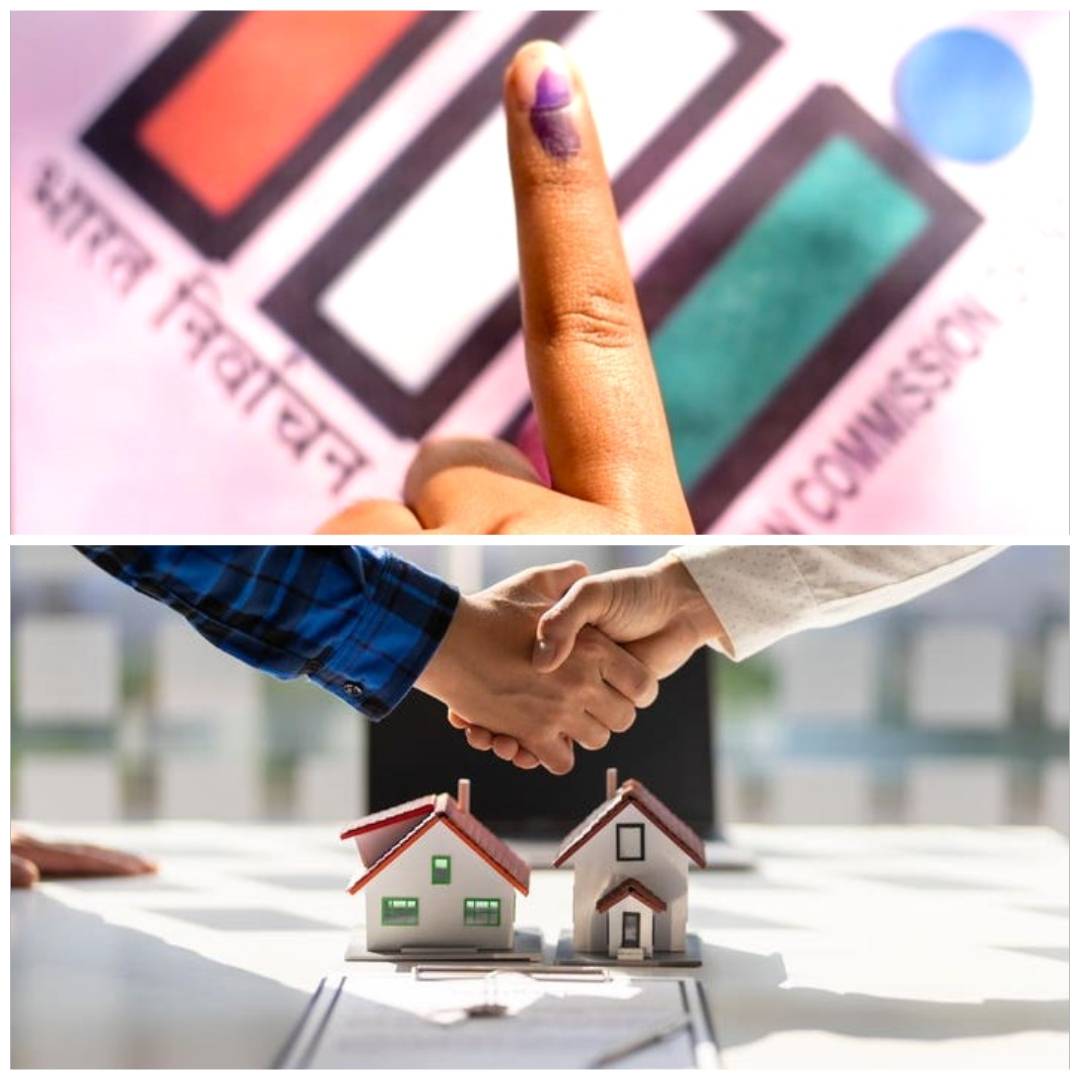


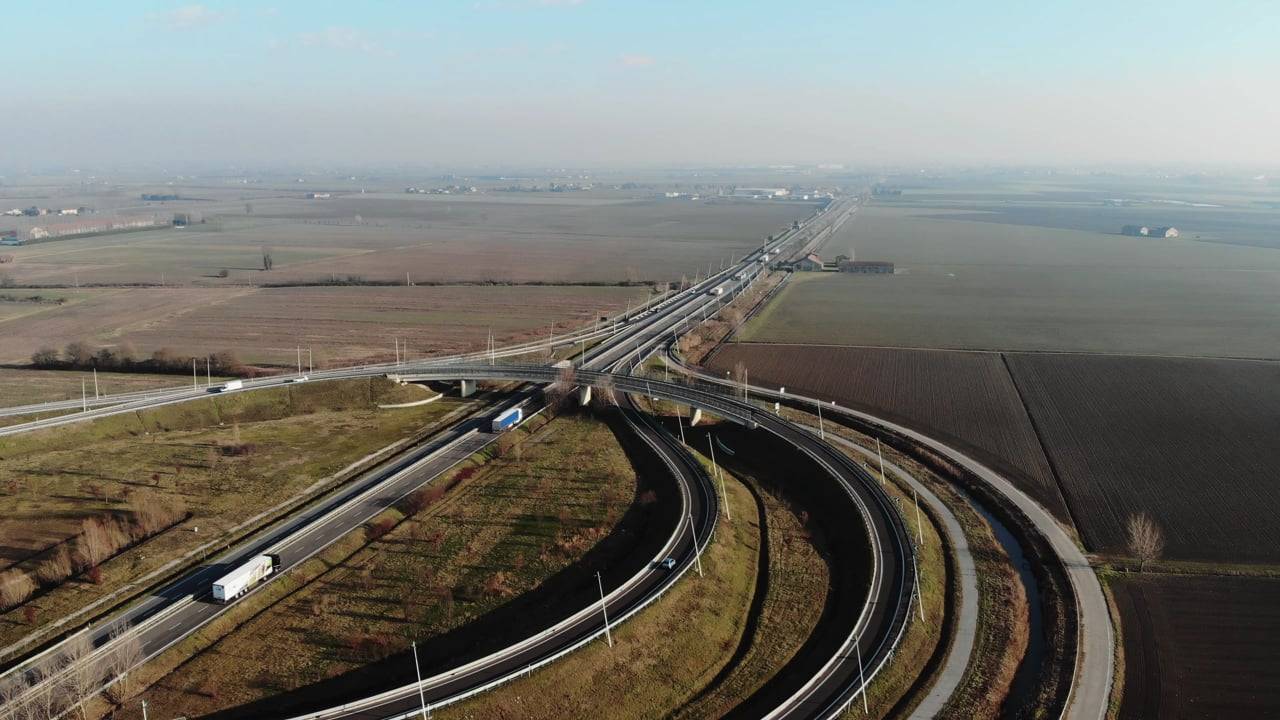
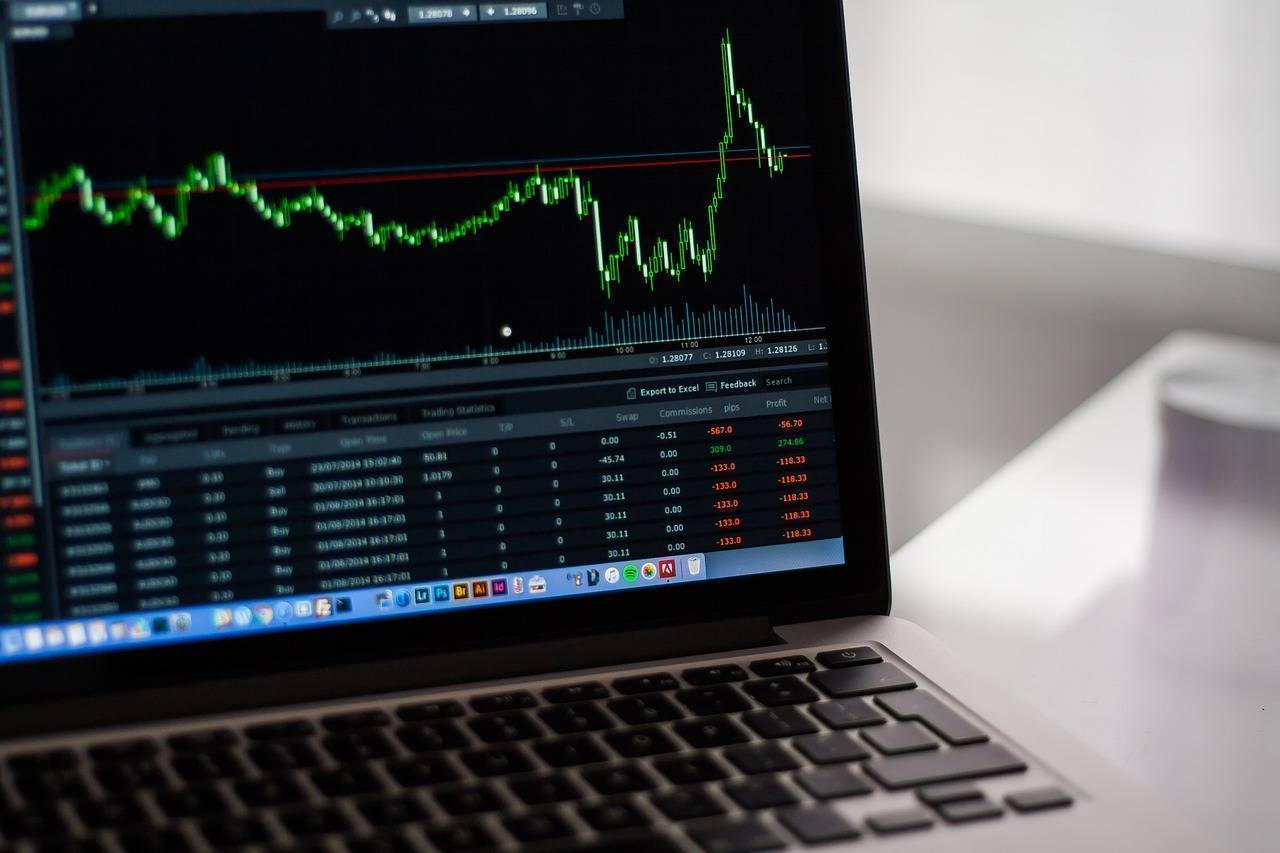

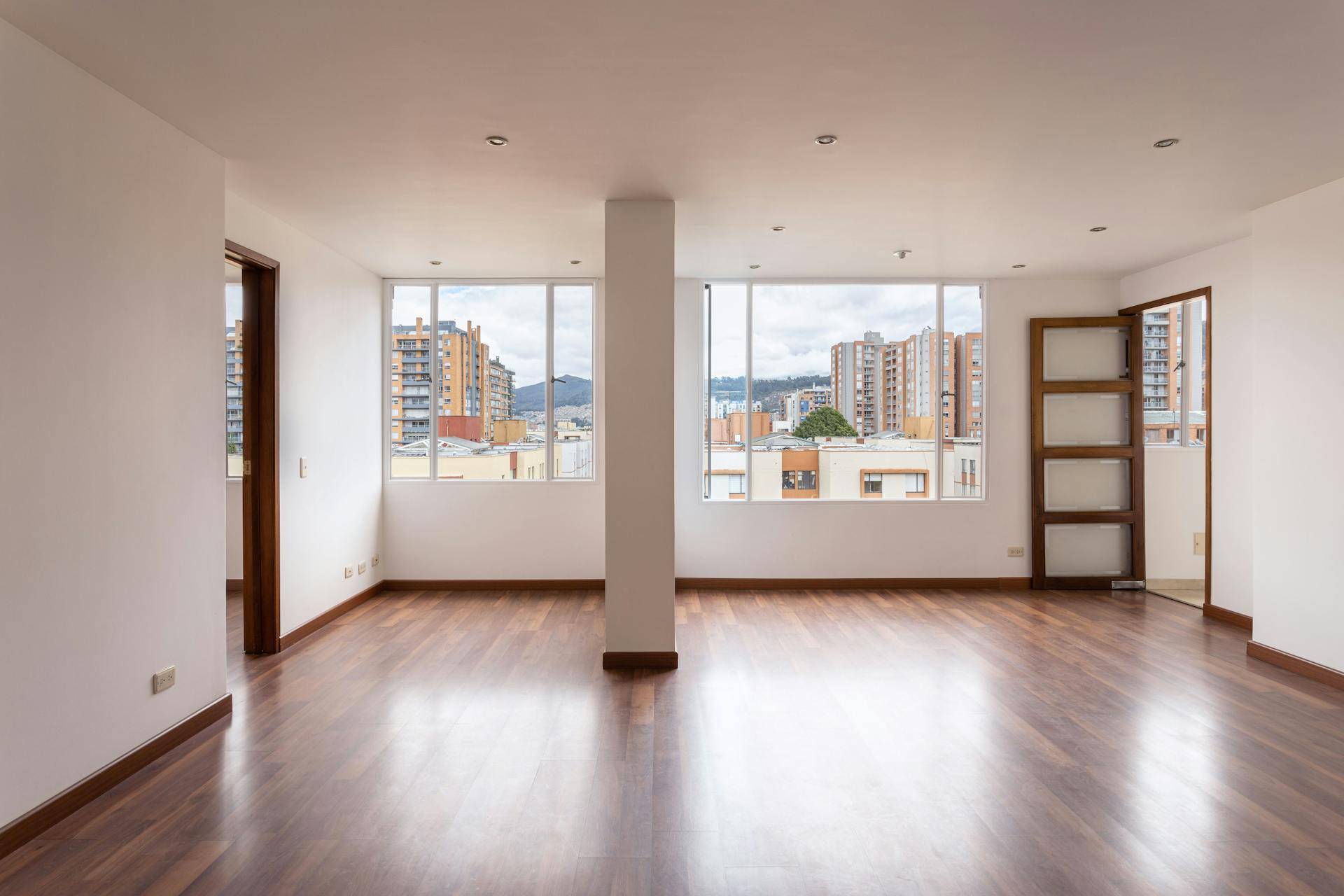
.png)